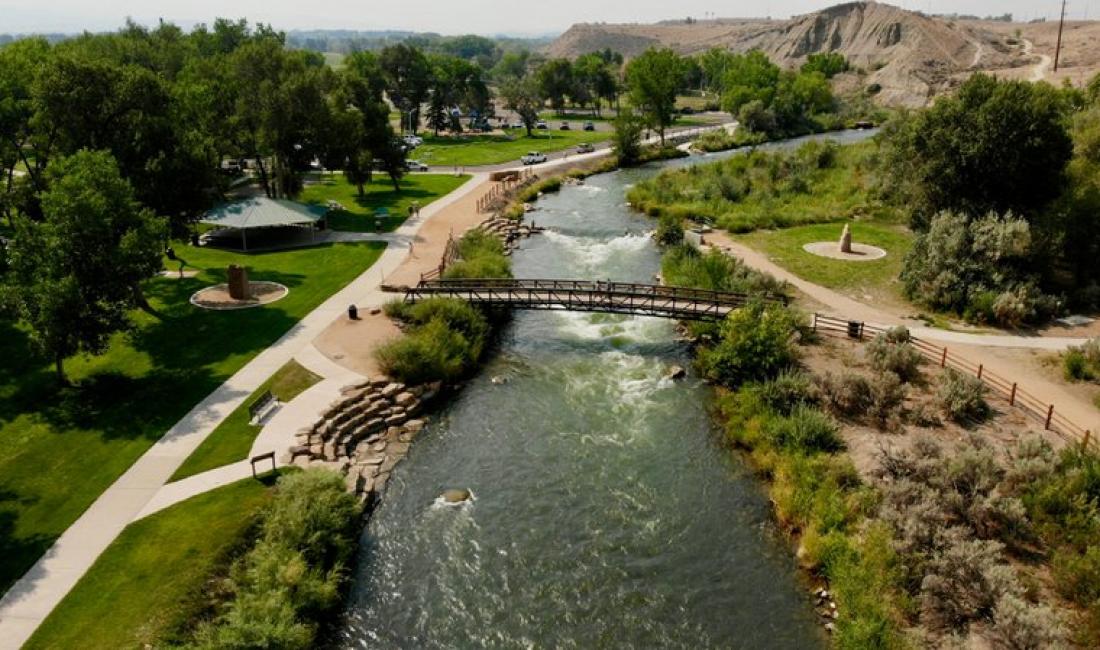imagine better democracy
Photo credit: New America, via Shutterstock
Imagine this: For years your city’s been grappling with homelessness, but nothing’s worked. In fact, it’s gotten worse. Folks are divided, angry, and fed up. Finally, officials decide to try something new. A group of everyday people from all walks of life is chosen by democratic lottery—and you are among those selected.
Over several weeks, you hear from scholarly experts, social workers, police officers, community advocates, local businesspeople, and residents who’ve experienced homelessness. You have respectful conversations about what you’ve learned; you listen to each other, weigh trade-offs, and offer reasons for your thinking. Finally, you come to a rough consensus about what to do.
Your proposals balance head and heart: investments in affordable housing; mental health services; public safety; law enforcement; drug rehab; and job programs. Best of all, you’re in broad agreement, giving officials a sound basis to act. It takes time, but gradually things improve. Homeless residents receive the services they need. Crime falls. And the community heals. The government, buoyed by the process, repeats it on other issues. As more and more residents take their turn serving, the city becomes a place where all belong and everyone has a voice.
Sound far-fetched? It’s real. The process described above is called a citizens' assembly, and it’s transforming the world.
Last month, my organization—FIDE - North America—brought together civic organizers from across the continent for our inaugural Citizens’ Assembly School. For two days in the U.S. capital, participants learned about this powerful tool and how to put it into practice. The energy was palpable as participants traded knowledge, honed skills, and imagined a new kind of politics.
A citizens’ assembly is government truly of, by, and for the people. Think of it as a jury for how to live together—a return to our democratic roots and a bold leap forward. It’s an exercise in freedom, allowing us to safeguard liberty and protect our rights. It fosters community, encouraging members to form bonds and build the many into one. And it offers a new form of service, a way for citizens to contribute their time and talents to something greater than themselves.
In fact, citizens' assemblies affirm our most cherished values. Through a fair and equal process, they create a level playing field where everyone matters. By giving voice to the vulnerable, they root out injustice and make our communities more compassionate. And by gathering people from across traditions, citizens’ assemblies articulate our shared hopes, dreams, and ideals.
For public officials, citizens' assemblies are a lifeboat. These tried-and-true tools let government hear from informed constituents, rather than the usual suspects. Moreover, they open space for creative solutions. With a long track record of success around the world, they allow politicians to solve thorny, no-win problems. And by placing faith in everyday people, they build a reservoir of trust. Because when citizens feel heard, they're more likely to support the outcome, even if they don't get everything they want.
“Lotteries?” you say. "Isn't that risky?"
Believe it or not, most everyday people are decent and reasonable. And, if someone with extreme or outrageous positions gets in the groups, there are guardrails. Members go through an in-depth learning process, and they have to engage others in the presence of trained facilitators. Citizens’ assemblies prove that when set up for success, everyday people become passionate about what’s best for everyone.
“How about accountability?” The citizens in assemblies take their responsibilities very seriously. Members practice “peer accountability,” the way we do on juries. And their final report includes dissenting viewpoints, accessible to everyone. The assembly literally gives an account of its decision, having to describe, explain, and justify its proposals to the public. We can trust people like us to do right by us.
But don’t take my word for it. The outcomes speak for themselves. The United States, where I live, is often seen as a laggard in employing this tool. But, in recent years, the city of Petaluma, California, held a citizens’ assembly on the fate of its large fairgrounds. Eugene, Oregon, held one on housing policy, which called for detailed code revisions. And Montrose, Colorado, held another to address childcare, issuing eight robust proposals.
Today, almost 80 percent of Americans—left, right, and center—say it’s important to hold more assemblies. From kitchen tables to college campuses to town halls, many people are searching for a way to navigate differences and shape our future. By helping design and implement assemblies, FIDE - North America is writing the next chapter of the American story—one in which "We the People" isn't just rhetoric, but real.
Envision a politics defined not by winner-take-all fights, but by service, belonging, and collective wisdom. This is the promise of citizens' assemblies. In a time of crisis, they remind us that democracy isn’t a spectator sport. It's a team effort—and with citizens’ assemblies, we can each get in the game.



